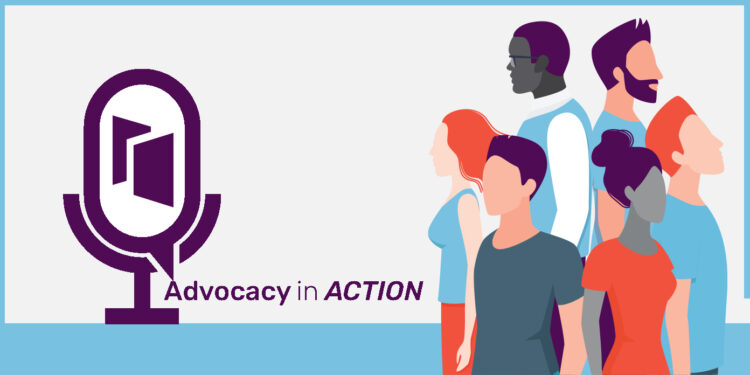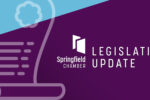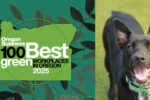Advocacy in Action: Springfield Chamber Submits Testimony Opposing Statewide Lodging Tax Increase

The Springfield Area Chamber of Commerce has submitted public comment to the House Committee on Revenue opposing House Bill 2977 which increases the statewide Transient Lodging Tax and allocates additional funds to support species conservation. The Springfield Chamber is urging members to take action by submitting testimony in opposition as a public hearing is scheduled for Thursday, May 8 at 3:00PM.
As presented, HB 2977 stands to make Oregon less competitive through higher lodging costs and further strain on the tourism industry.
The Chamber’s letter of opposition aligns with other Chambers across the state, as well as recreation and tourism industry partners like Travel Lane County. The Chamber urges lawmakers to consider alternatives to fund wildlife conservation without adding undue burden on the hospitality industry and visitors.
Your voice matters!
There will be a hearing in the House Committee on Revenue on HB 2977 on Thursday, May 8 at 3:00PM Once the hearing begins, the public has 48 hours to submit testimony on this bill.
The Springfield Chamber remains committed to advocating for policies that strengthen our local economy and ensure businesses have the resources they need to succeed. You can read the full letter of opposition below.
May 6, 2025
House Committee on Revenue
RE: Opposition to HB 2977 – Statewide Lodging Tax Increase
Dear Chair Nathanson and Members of the Committee,
On behalf of the Springfield Area Chamber of Commerce, I write to express our strong opposition to HB 2977. The Springfield Chamber represents a diverse network of businesses that drive our local and regional economy. We support tax policies that stimulate economic growth, ensure fairness across all business sectors, and maintain transparency. House Bill 2977 directly contradicts these core advocacy principles.
Key Concerns:
- Competitive Disadvantage
This tax increase stands to make Oregon less competitive compared to neighboring states. Higher lodging costs may deter visitors, particularly in a price-sensitive market. Oregon’s lodging tax, when combined with local lodging taxes, results in total rates exceeding 10% in some areas, which could impact the state’s competitiveness in attracting visitors. - Increased Burden on Businesses and Visitors
Lodging taxes were designed to support tourism promotion and industry growth, not fund unrelated agencies. The hospitality sector is still recovering from the pandemic, labor shortages, and inflation. A significant tax hike now would only add further strain. - Misalignment with Tourism Funding Principles
Lodging tax revenues should support tourism-related activities that generate economic impact. HB 2977 diverts tourism dollars to general government operations, undermining Oregon’s successful tourism investments through Travel Oregon and local destination marketing organizations. - Lack of Industry Consultation
The hospitality industry has not been adequately involved in discussions about this tax increase. Policy changes should engage key stakeholders to ensure tax structures align with industry needs and economic development goals.
Alternative Solutions:
Rather than increasing the lodging tax, we urge the legislature to explore alternative funding mechanisms for ODFW that distribute costs equitably and align with the agency’s beneficiaries.
The Springfield Area Chamber of Commerce urges you to oppose HB 2977 and seek solutions that support economic growth while maintaining fair tax policy. Thank you for your time and consideration.
Sincerely,

Vonnie Mikkelsen
President and CEO
Springfield Area Chamber of Commerce
More About the Springfield Chamber’s Business Advocacy Efforts
As a trusted convener and provider of business resources, the Springfield Chamber is committed to fostering policies and incentives that contribute to our competitive position in private sector job creation, retention, and economic growth. The Chamber recognizes the systemic interdependencies of a healthy economy and provides an ear and a voice for local business at the confluence of government, commerce, and community. Through a robust platform of member advocacy services, the Chamber advocates for business by increasing visibility, dialogue, and representation at local, state, and federal policy circles around issues of impact and interest to their members.
Discover more from Springfield Bottom Line
Subscribe to get the latest posts sent to your email.





